Crises everywhere: has the world gone off the rails?
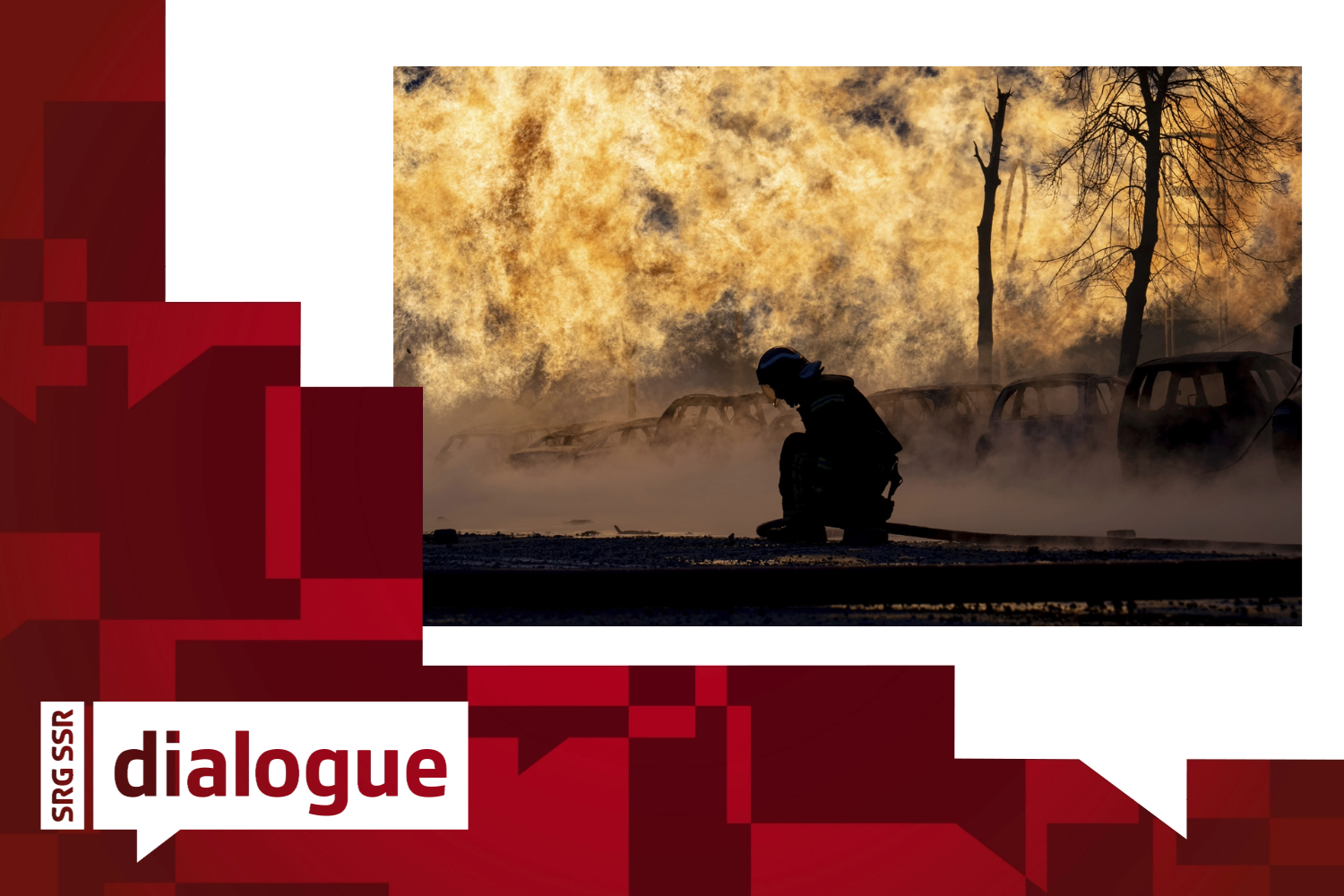
Wars, climate change, the Covid-19 pandemic: how is it possible not to lose hope in the face of these mounting crises of recent years?
“In the face of the various war zones, one does wonder: Where is this all leading? How is our world, our society developing?” This is how Stefani Zemp from St Gallen succinctly expresses the feeling that many others are grappling with. Her statement comes from a street survey conducted by Swiss public radio SRF correspondents from various parts of Switzerland for the SRF show “Club”. The main theme of the survey is uncertainty and the negative headlines of recent years which have left their mark.
Figures provided by the Federal Statistical Office show that mental strain is increasing. Almost one in five people in Switzerland is thought to be moderately or severely mentally stressed. In Germany, the Society for German Language chose Krisenmodus (crisis mode) as the Word of the Year for 2023.
Is the world really falling apart? There are numerous facts that contradict this uneasy gut feeling, such as the decline in extreme poverty or child mortality. Also, wars globally claim significantly fewer victims than before.
Facts on global development
Various books compile and discuss scientific findings on global trends like the decrease in extreme poverty or child mortality. One of the most popular recent books is Factfulness by Swedish doctor Hans Rosling. It was published in 2018 and became an international bestseller, translated into numerous languages. Rosling passed away before the book was published; it was completed by his son Ola Rosling and his daughter-in-law Anna Rosling Rönnlund. Former US President Barack Obama called it a “hopeful book about the potential for human progress when we work off facts rather than our inherent biases”.
“These statistics are indeed correct,” says Peter Maurer, former president of the International Committee of the Red Cross (ICRC). “But it is also true that there are more and more places in the world where people are worse off than before.” And this mix of positive and negative developments is very difficult to convey, Maurer concludes.
Poverty in Switzerland
These contrasts are also clearly visible in Switzerland. The Alpine nation is one of the richest in the world, yet soup kitchens for the poor struggle to keep up with demand.
Sister Ariane, a 50-year-old nun and street worker, experiences this on a daily basis. She founded the association “incontro”, which distributes food and provides emergency aid on Langstrasse in the centre of Zurich. “We’re noticing an increase in poverty and homelessness,” she says. People who are already financially at their limit would immediately feel an increase in inflation or rising rent and health costs. “A bill that costs CHF50 or CHF100 more can put these people in existential distress.”
Do you want to read more on the topic? The “dialogue” editorial team has put together a selection of articles from all over Switzerland on the topic of crisis and how people are coping.
How do people deal with these contradictions? How do we find direction in our lives? The media plays an important role here, says psychoanalyst Peter Schneider in the SRF broadcast “Club”. The more complex and detailed the reporting is, the more it protects against falling into this generalising picture that everything is just getting worse, he says. “Being aware that the world is not black and white, and being able to see the nuances, helps against this paralysing feeling of powerlessness.”
Philosophy also has a role to play, says Katja Gentinetta, who works as a political philosopher. “Thinking something through and understanding it can in itself be incredibly satisfying,” she says. This is the first step towards contributing to the solution of a problem, Gentinetta adds.
Has the world gone off the rails? Join the discussion on “dialogue”External link, an offer by the Swiss Broadcasting Corporation (SBC), SWI swissinfo.ch’s parent company.

In compliance with the JTI standards
More: SWI swissinfo.ch certified by the Journalism Trust Initiative

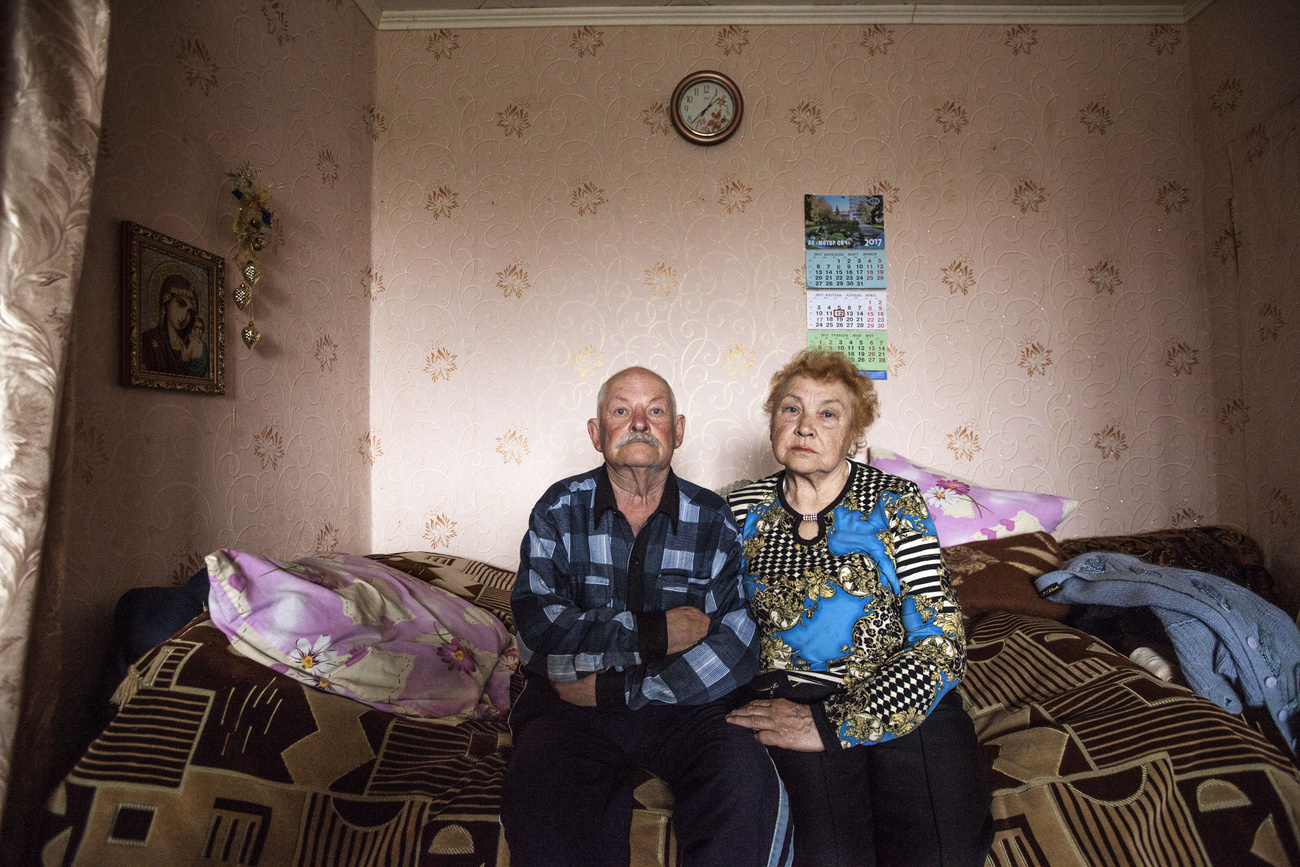
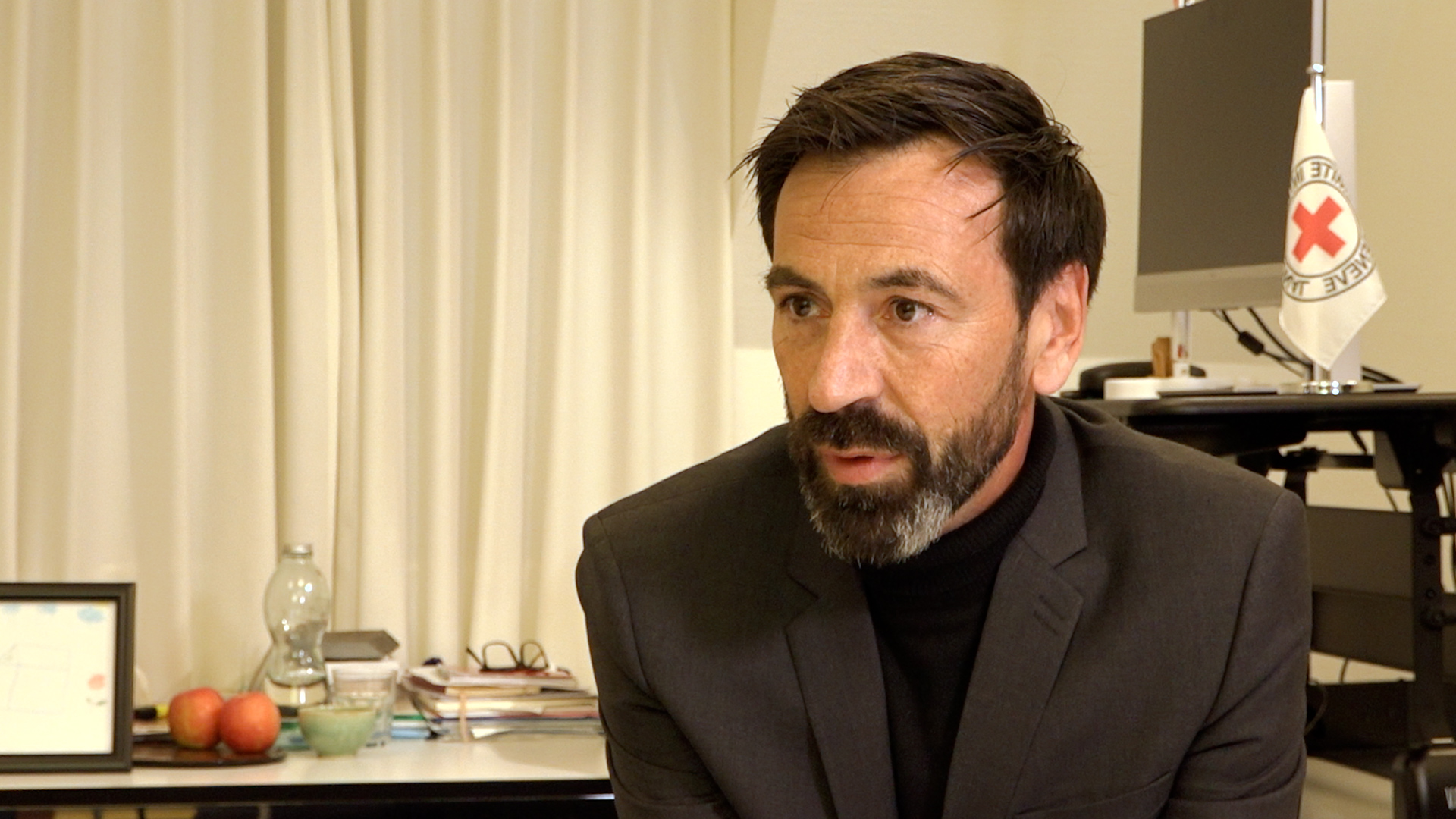
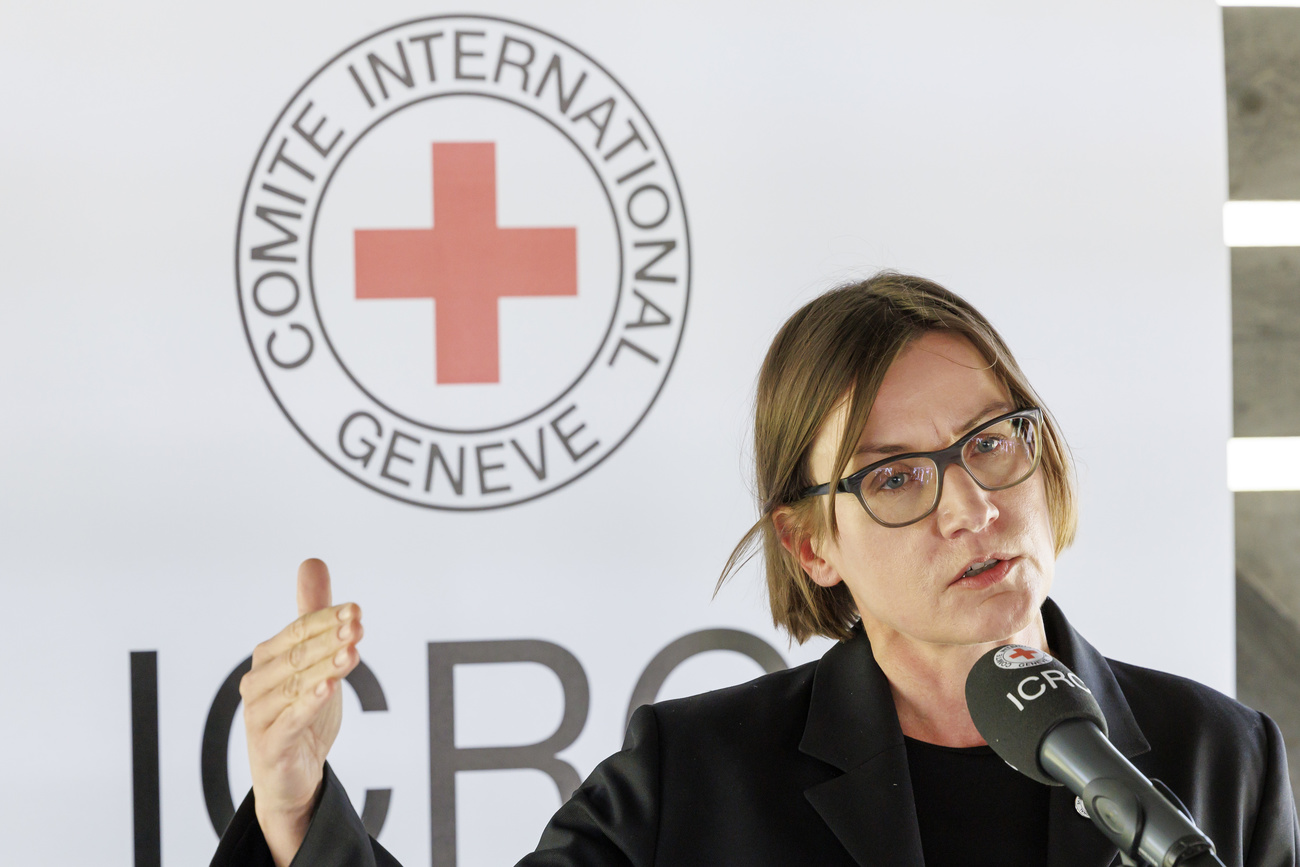
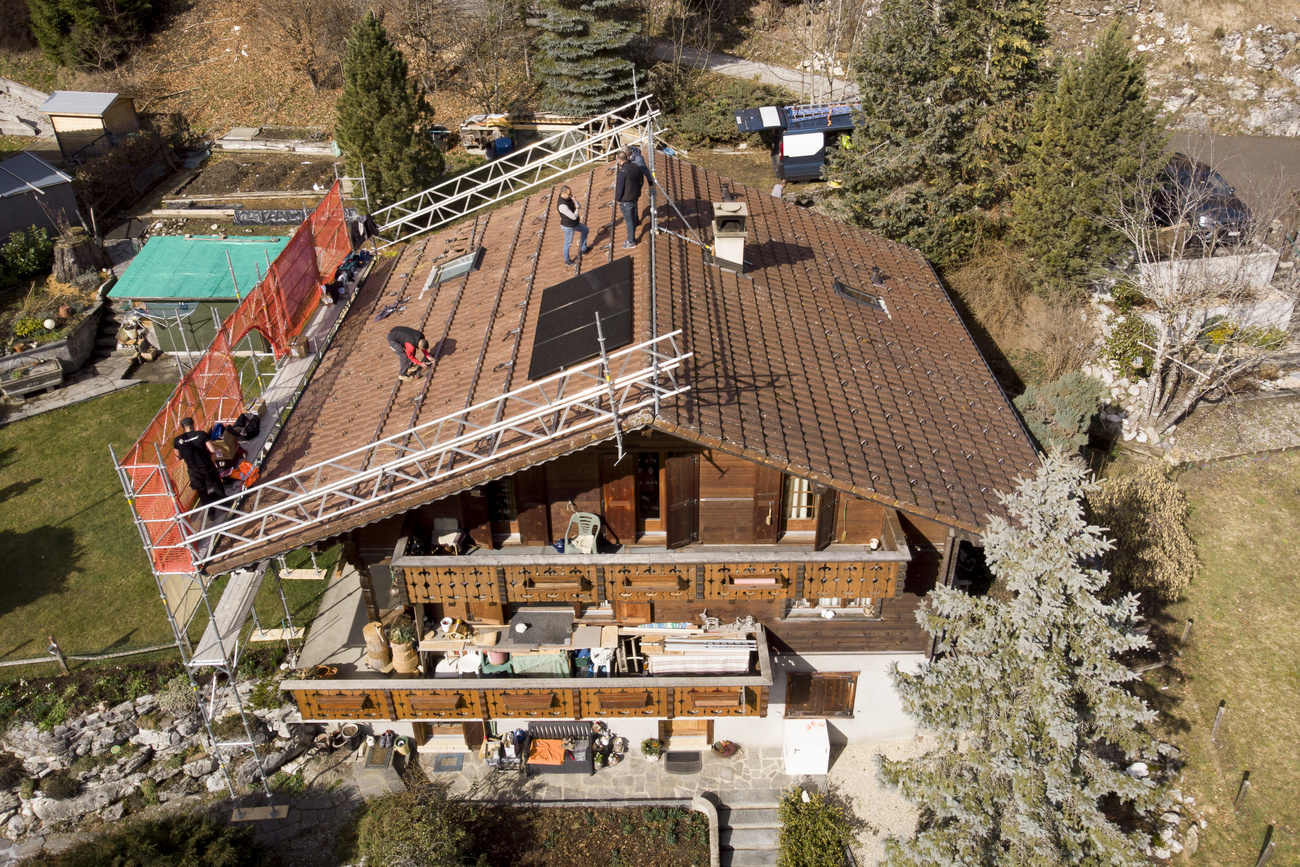
You can find an overview of ongoing debates with our journalists here. Please join us!
If you want to start a conversation about a topic raised in this article or want to report factual errors, email us at english@swissinfo.ch.